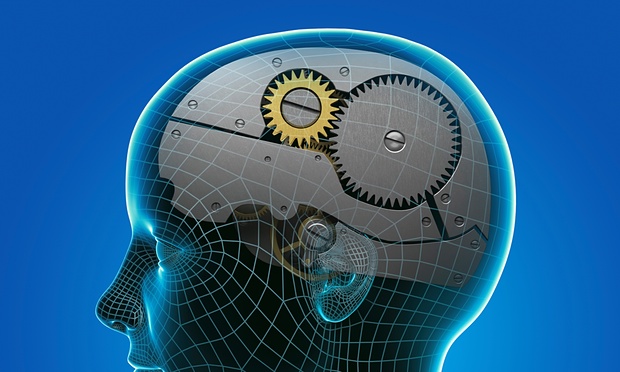In the next 30 years, artificial intelligence and machines could cause more than half of the world’s population to be unemployed, according to computer scientist expert Mosche Vardi, who is also a professor at Rice University and Guggenheim fellow.

“I believe that society needs to confront this question before it is upon us: if machines are capable of doing almost any work humans can do, what will humans do?” Vardi said.
Similarly, tech giants Bill Gates and Elon Musk and physicist Stephen Hawking also addressed this issue. Hawking warned that AI “could spell the end of the human race” and Musk noted that it represents “our biggest existential threat.”
Even the fear of artificial intelligence taking over has reached the UN, where a group deeming itself as the Campaign to Stop Killer Robots met with representatives last year to warn them.
Vardi noted that AI presents a more subtle threat than the drones that many activists fear do. He suggested AI could put unemployment at 50 percent and wipe out many middle-class jobs and worsen inequality. It’s not a matter of physically powerful machines that will outperform human laborers, but rather a contest between human wit and mechanical strength and intelligence. Workers in China are already beginning to be affected as electronics manufacturers, including Foxconn and Samsung, have developed precision robots to replace thousands of human workers.
Google head of engineering Ray Kurzweil predicts that billions of humans could have the opportunity to only work a few hours a week and have intelligent machines support their easy lifestyles. The singularity of super-AI could be ideal for the future of a hybrid type of mankind.
However, even if machines could work to make our lives easier, humanity will ultimately face an existential challenge.
“I do not find this a promising future, as I do not find the prospect of leisure-only life appealing,” Vardi said. “I believe that work is essential to human well-being.”
Last year, consultant company McKinsey published data about which occupations are at risk to being replaced by intelligent machines. It found that 20 percent of CEO’s working time could be automated with existing technologies and almost 80 percent of a file clerk’s job could be made mechanical. McKinsey argued that as much as 45 percent of the work people are paid to do could be automated with existing technology.
A question we have to ask ourselves, Vardi said, is: “Does the technology we are developing ultimately benefit mankind?”
Source: The Guardian
Advertisement
Learn more about Electronic Products Magazine





